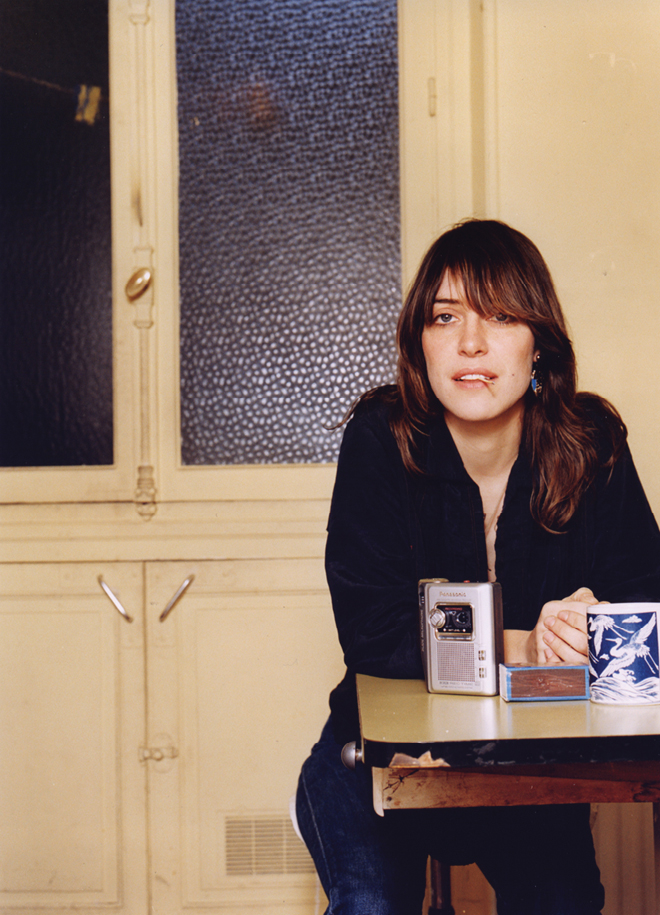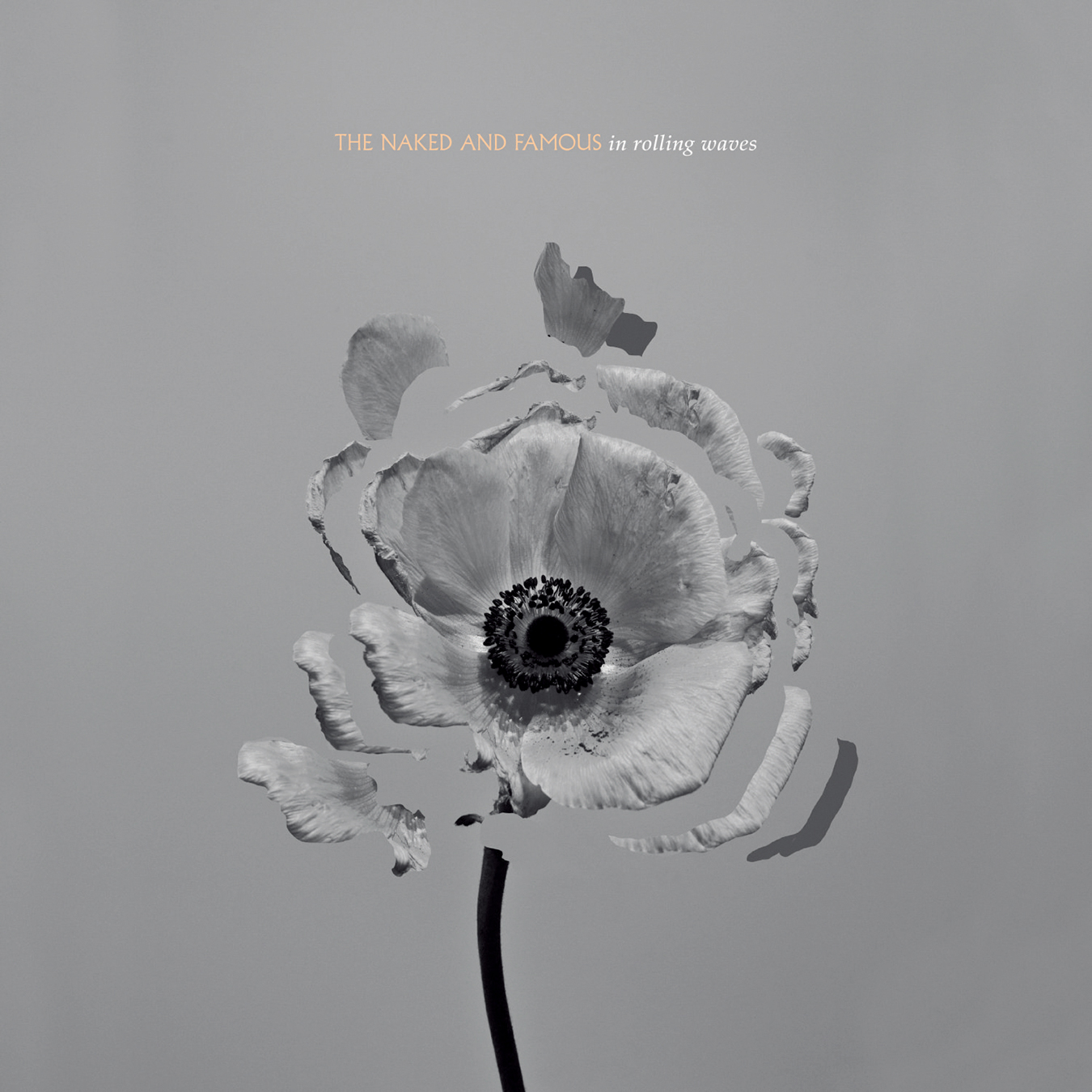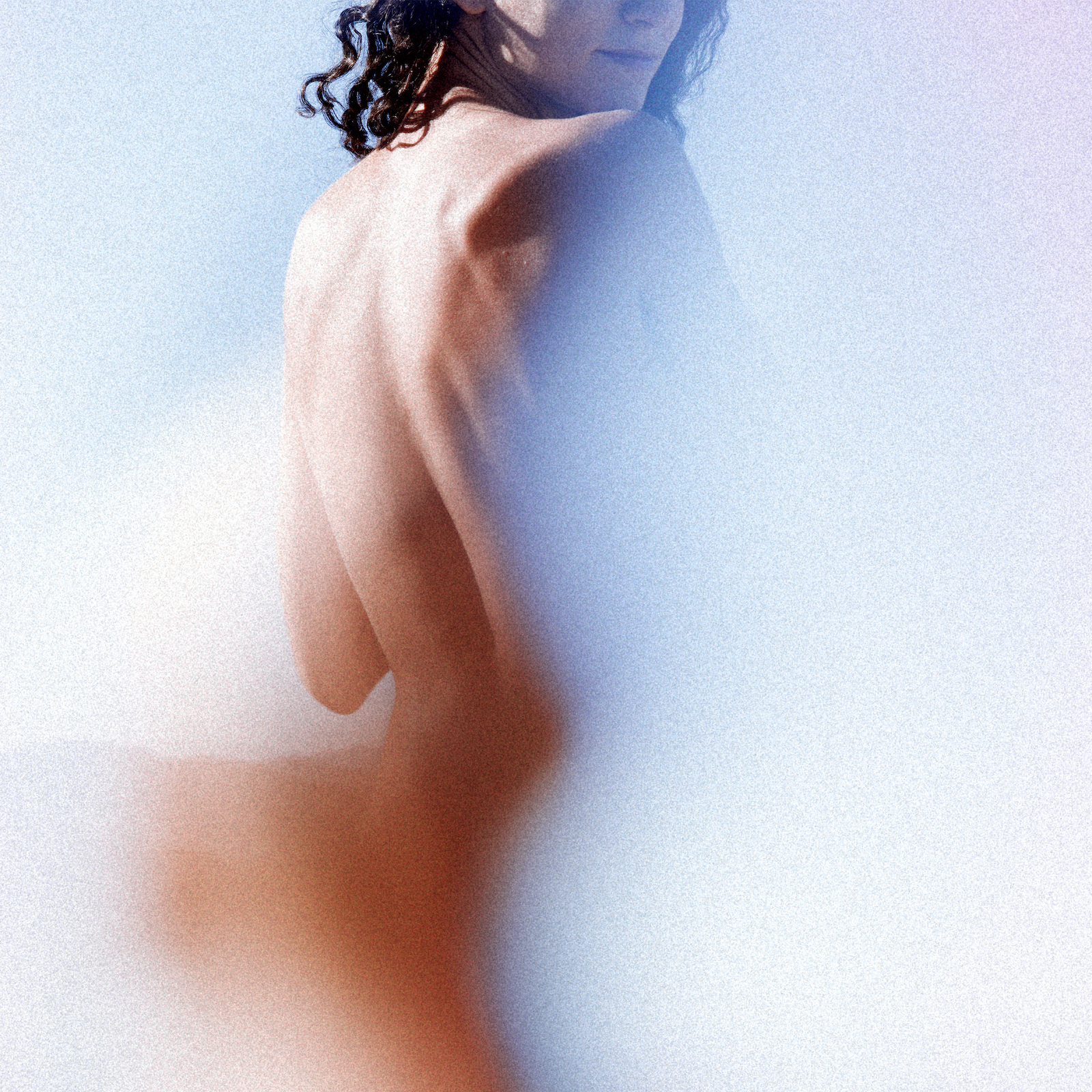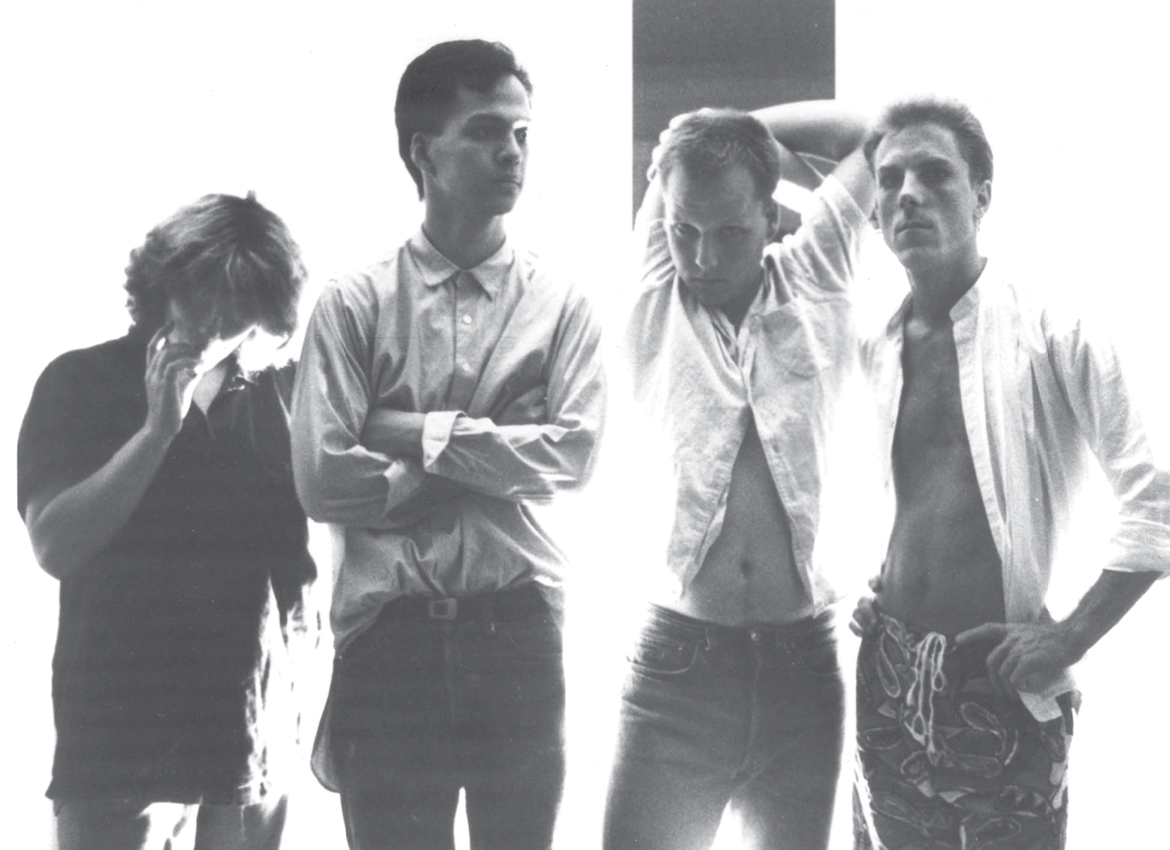Gotye’s Sonic Sound
Built to Last.
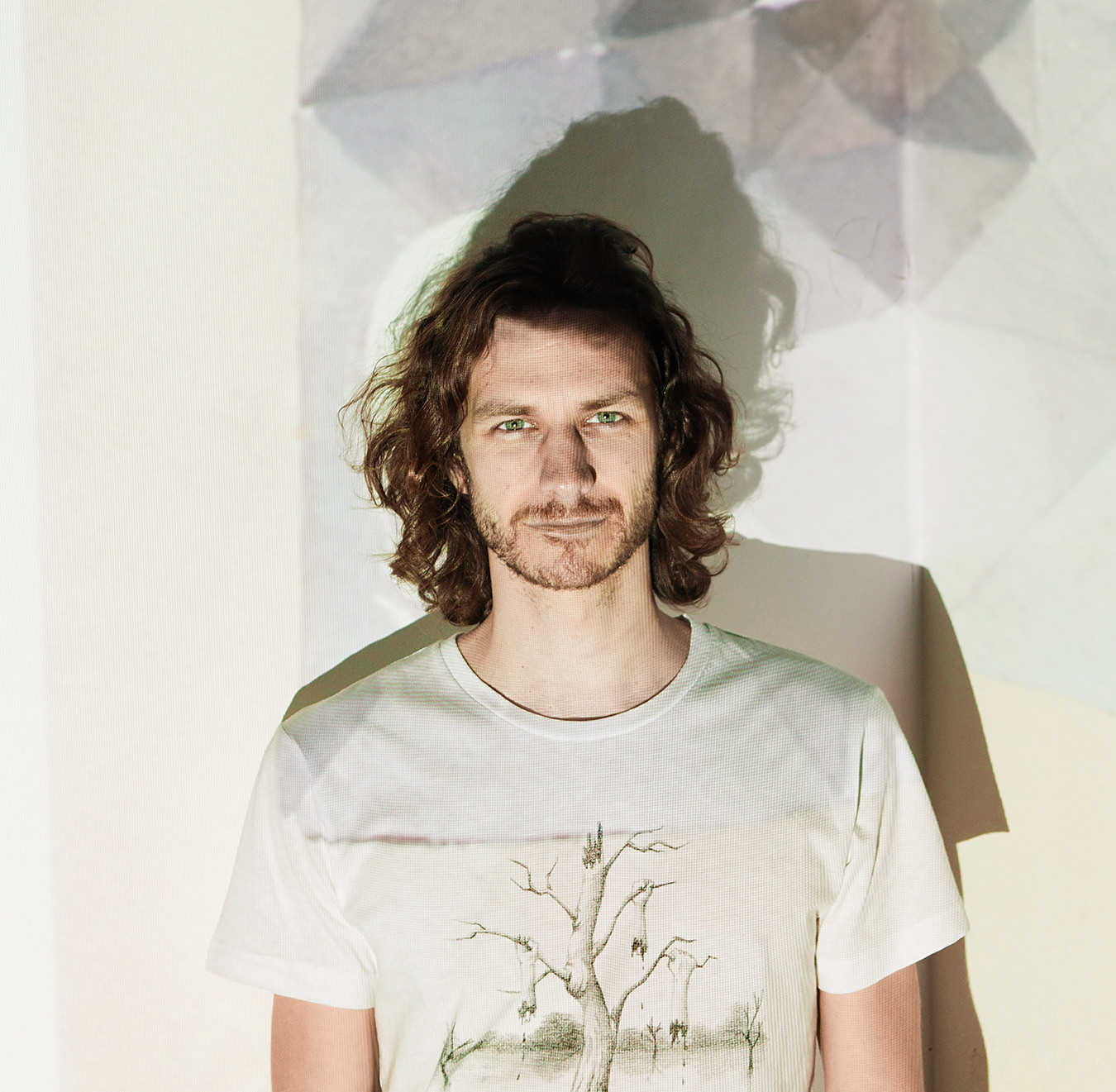
Photo by Warwick Backer.
It would be easy to dismiss Gotye as just another contemporary pop star appearing out of nowhere before quickly vanishing—but his career has a foundation. The ubiquitous “Somebody That I Used to Know” certainly propelled him upward. By the midpoint of 2012, according to Nielsen SoundScan, the single had sold 5.5 million downloads, the most by any artist in North America for that year. The song’s oddly captivating music video has also received widespread play on YouTube—334 million views and counting.
Yes, Gotye has at last achieved a degree of commercial success with his brand of synthesized music. It hasn’t been a coronation by any means for the Bruges-born Australian from Mornington Peninsula, about an hour’s drive from Melbourne. The path was littered with numerous impediments before the album Making Mirrors and its two major singles, “Eyes Wide Open” and the aforementioned “Somebody That I Used to Know”, made him an overnight sensation. The experience, he says, was “the same as any aspiring musician or artist goes through: self-doubts, needing to be very persistent for a good period, lack of financial support, the feeling of disinterest from an audience.”
Apart from working in a couple of libraries, Gotye—which is the French equivalent of his Flemish name, Wouter De Backer (though he prefers to be called Wally)—spent a fair amount of time working in cafés. He has for the better part of a decade played in a Melbourne-based three-piece band called the Basics as a drummer and vocalist. That project is on hold while he tours the world as Gotye.
From such a diverse background also comes his wide-ranging taste in music. “When I was in my early 20s I started digging for records in thrift shops for the first time,” he says, “and I just had a curious, open-minded approach to listening to anything and everything I could find. That kind of introduced me to lots of different styles of music and periods of music production that I wasn’t familiar with up to that point.” He says that he enjoyed the synthesized pop music of Depeche Mode, Massive Attack, and Portishead. He was also drawn to sample-based music, which was so evident on his previous two albums, 2003’s Boardface and 2006’s Like Drawing Blood, the latter of which went platinum in Australia. But Making Mirrors also includes upbeat tracks such as “I Feel Better” and “In Your Light”, both with a hint of Motown, which Gotye says he likes to perform on stage to get the audience on its feet.
Production is certainly Gotye’s forte, and he knows his way around a recording studio. On Making Mirrors, unlike his previous work, he plays drums as well as a Lowrey Cotillion, a vintage organ his parents picked up for him. But his musicality doesn’t stop there.
“There are sort of bits and pieces like that organ, or, second-hand acoustic instruments and electronic gadgets that I like to collect,” he says. “The hub of it—the writing, arranging, collecting sounds, and experimenting with it—most of that happens in software on my laptop.”
Gotye also uses something called a vocal pitch shifter on “State of the Art” a song that evokes Peter Frampton’s “Do You Feel Like We Do” or something by Godley & Creme, another of Gotye’s inspirations. He becomes animated when asked about the process of achieving this effect. “Instead of just singing the melody in natural range, then pitch shifting the whole melody down an octave, I sang a monotone, basically a couple of tones above the highest note of the melody,” he says.
All this means that it requires some work to put together the pieces for a live show. “When you make a record in a studio, without any consideration of how it is going to work live—it’s taken me months if not years to sort of nut out how to make it make sense live,” he admits.
“Sometimes I wish I had just written easy vocals. But I am always pushing my range to the limit as strong high tenor, or low and husky and below where my comfortable range sits. It’s always extremes.”
Photo by Warwick Backer.





